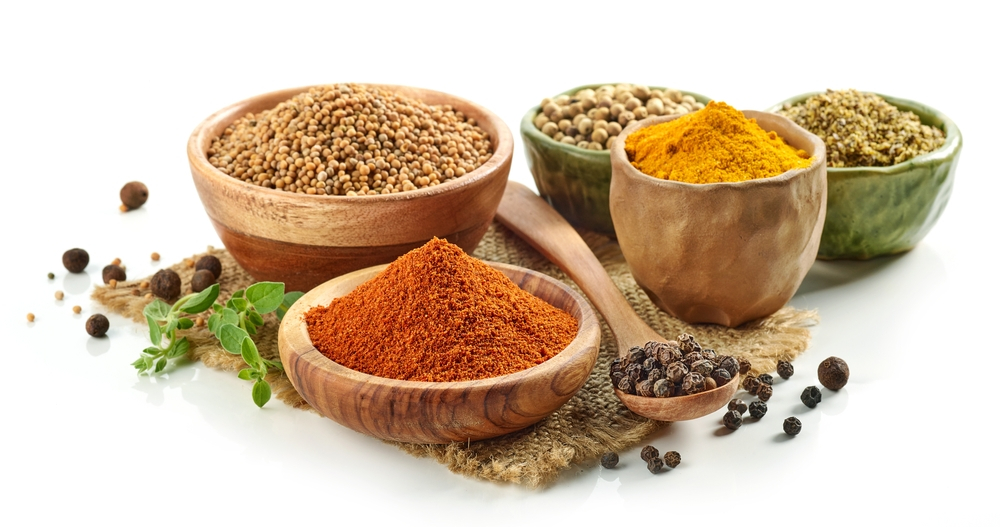The Economic Impact of the Spice Industry
The spice industry has played a pivotal role in shaping the global economy, from ancient times through the modern era. Spices, once considered rare and luxurious commodities, have not only influenced culinary practices across the world but have also been catalysts for exploration, trade, and even conflict. The economic impact of the spice industry can be analyzed through its historical significance, the rise of global trade networks, its influence on colonialism, and its modern-day relevance.

Historical Significance of the Spice Industry
The allure of spices such as pepper, cinnamon, cloves, and nutmeg has a deep-rooted history, dating back thousands of years. In ancient times, spices were more than just flavoring agents; they were also used for medicinal purposes, religious rituals, and preservation. The scarcity and high demand for these spices in Europe during the Middle Ages turned them into highly valuable commodities, often referred to as “black gold.”
The lucrative nature of the spice trade encouraged the development of trade routes connecting the East and the West. The Silk Road, one of the most famous trade networks, facilitated the exchange of spices between Asia, the Middle East, and Europe. This trade network not only brought economic prosperity to those involved but also led to cultural exchanges that shaped the development of civilizations.
The Rise of Global Trade Networks
The spice industry was instrumental in the expansion of global trade networks. The quest for spices led European explorers, including Vasco da Gama and Christopher Columbus, to embark on dangerous voyages to discover new trade routes to the East. These expeditions laid the foundation for the Age of Exploration, which ultimately resulted in the establishment of global trade networks that connected continents and facilitated the exchange of goods, ideas, and cultures.
The economic impact of the spice trade during this period cannot be overstated. European nations, particularly Portugal and the Netherlands, established monopolies over the spice trade by controlling key regions in Asia, such as the Malabar Coast of India and the Spice Islands of Indonesia. These monopolies allowed European powers to accumulate immense wealth, which in turn fueled the growth of their economies and enabled them to expand their influence globally.
Influence on Colonialism and the Global Economy
The spice industry was a driving force behind the rise of European colonialism. The desire to control the spice trade led to the colonization of various regions in Asia, Africa, and the Americas. European powers established colonies in spice-producing regions, often using force to subjugate local populations and secure their control over the trade.
The economic impact of colonialism, driven by the spice trade, had far-reaching consequences. It led to the exploitation of natural resources and labor in colonized regions, resulting in the transfer of wealth from the colonies to European powers. The profits generated from the spice trade were reinvested in European economies, contributing to the growth of industries, infrastructure, and financial institutions.
However, the economic impact of the spice industry was not limited to the colonizers. In many cases, the local economies of spice-producing regions were transformed by the demands of the global market. Farmers and traders in regions such as India, Indonesia, and Sri Lanka adapted their agricultural practices to meet the growing demand for spices, leading to economic specialization and increased trade.
Modern-Day Relevance of the Spice Industry
While the spice industry may not hold the same economic dominance it once did, it remains an important sector in the global economy. Spices continue to be widely traded commodities, with major producing countries such as India, Vietnam, and Indonesia supplying the world market. The spice industry has also diversified, with value-added products such as essential oils, extracts, and processed spices gaining prominence.
The global spice market has also seen significant growth in recent years, driven by increasing demand for natural and organic products, as well as the rising popularity of ethnic cuisines. This growth has provided economic opportunities for small-scale farmers and entrepreneurs in spice-producing regions, contributing to rural development and poverty alleviation.
Moreover, the spice industry has adapted to modern challenges such as climate change, sustainability, and fair trade practices. Efforts to promote sustainable farming practices, improve supply chain transparency, and ensure fair wages for farmers have gained traction, reflecting the industry’s evolving role in the global economy.


